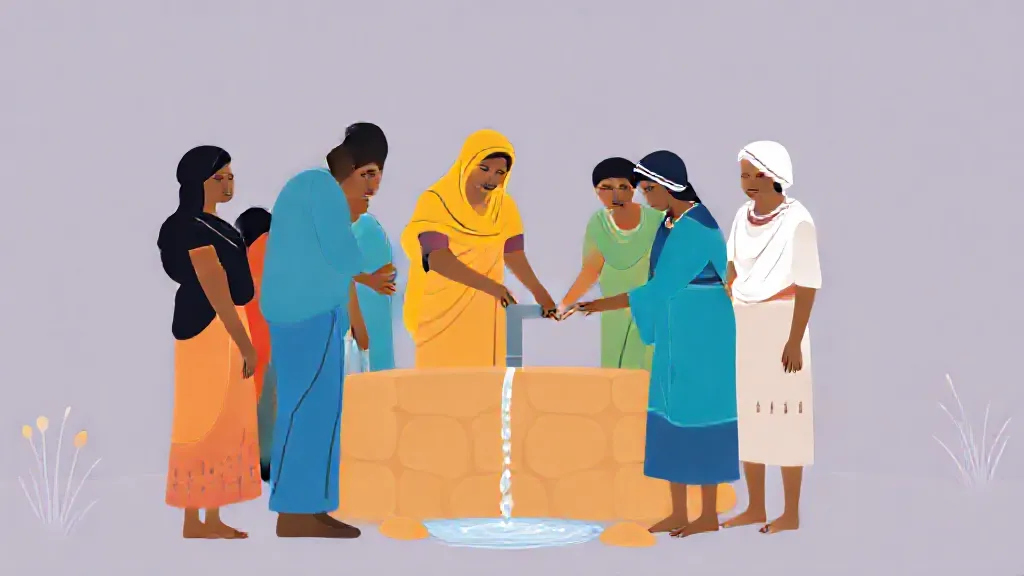Access to clean water is recognized as a fundamental human right, essential for the survival, health, and dignity of every individual. This recognition is grounded in international law and various human rights frameworks, which emphasize that the availability of safe drinking water is critical for the realization of other rights, including the right to health, food, and sanitation. The United Nations General Assembly explicitly acknowledged this right in 2010, highlighting the need for sustainable management of water resources to ensure that all people can access clean water.
The Historical Context of Water Rights
Historically, water has been a source of conflict and cooperation among communities. Ancient civilizations often established laws governing water use, reflecting its importance in agriculture, sanitation, and daily life. In the 20th century, the increasing recognition of water scarcity and pollution led to more structured approaches to water rights.
The 1977 Mar del Plata Conference on Water highlighted the need for equitable access to water, setting the stage for future declarations that would cement water as a human right.
The Health Implications of Unsafe Water
The health implications of lacking access to clean water are severe and far-reaching. Contaminated water is a leading cause of waterborne diseases such as cholera, dysentery, and typhoid fever, which disproportionately affect marginalized communities.
According to the World Health Organization, over 2 billion people lack access to safely managed drinking water services, leading to millions of preventable deaths each year. Ensuring access to clean water is thus not only a matter of human rights but also a public health imperative.
Water as a Catalyst for Development
Access to clean water is also a critical factor in socio-economic development.
Communities with reliable water sources are more likely to thrive, as clean water supports agriculture, education, and economic activities. Women and children, who often bear the burden of water collection, can redirect their time and energy towards education and employment when water is accessible. Thus, investing in water infrastructure is vital for achieving broader development goals, including poverty alleviation and gender equality.
Environmental Sustainability and Water Rights
The relationship between water rights and environmental sustainability cannot be overlooked. The over-extraction of water resources and pollution from industrial activities threaten the availability of clean water. Sustainable management practices are necessary to protect water sources and ensure that future generations can also enjoy this essential resource.
International agreements, such as the Paris Agreement, emphasize the need for integrated water resource management to combat climate change and safeguard water rights.
Legal Frameworks Supporting Water Rights
Various legal frameworks support the recognition of water as a human right. The International Covenant on Economic, Social and Cultural Rights outlines the obligation of states to ensure access to sufficient, safe, and affordable water for all.
Moreover, regional human rights instruments and national laws increasingly reflect this commitment, mandating governments to take concrete steps to provide clean water to their populations. Legal accountability mechanisms are essential to enforce these rights and hold governments accountable for failing to provide access.
Challenges to Ensuring Water Rights
Despite the recognition of water as a human right, numerous challenges persist in ensuring universal access.
Political instability, corruption, and inadequate infrastructure hinder efforts to provide clean water, particularly in developing countries. Climate change exacerbates these challenges by altering precipitation patterns and increasing the frequency of droughts and floods. Addressing these challenges requires a multi-faceted approach that includes policy reforms, community engagement, and international cooperation.
The Future of Water Rights
Looking ahead, the future of water rights will depend on the collective commitment of governments, civil society, and international organizations to prioritize water access. Innovative solutions, such as rainwater harvesting and wastewater recycling, can complement traditional water supply methods. Furthermore, raising awareness about the importance of water rights can empower communities to advocate for their needs and hold authorities accountable.
Ultimately, ensuring access to clean water is not just a moral imperative but a prerequisite for a just and sustainable world.
